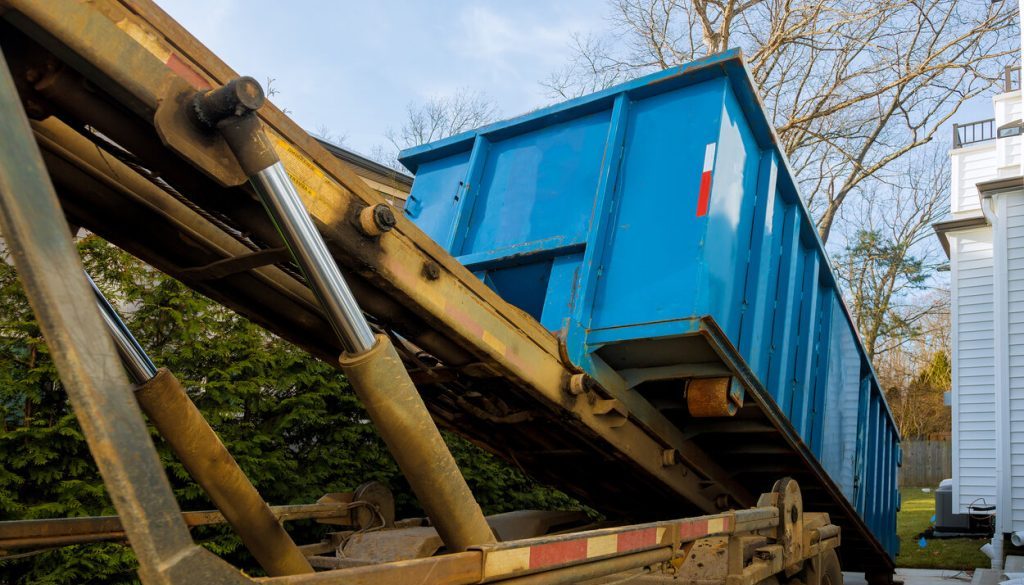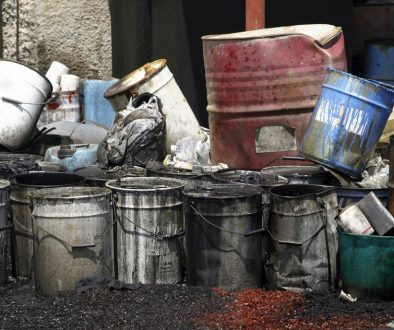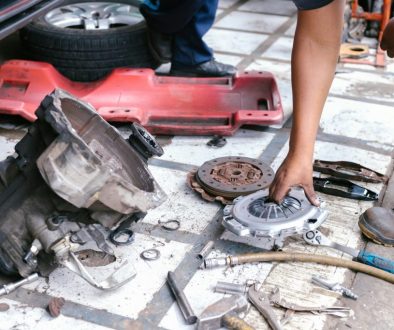When considering a home makeover or simply wanting to eliminate some mess, renting a skip can be an excellent solution for disposing of unnecessary things. Nonetheless, before engaging in a skip service, it’s essential to be aware of certain factors to maximise its benefits.
Here is the second set out of the things you should know before hiring a skip.
1. Think About Access for the Skip
When planning for a skip to be placed on your property or in a public area, it is important to consider access for the skip. This includes ensuring enough space for the skip to be delivered and picked up and no obstacles, such as low-hanging branches or power lines. It is also important to consider the weight and size of the skip and whether it can be safely placed on the ground without causing damage. By thinking about access to the skip, you can ensure that the process of waste removal is efficient and safe.
2. Consider the Type of Waste You’ll Be Generating
It is important to consider the type of waste that you will be likely to generate for your skip before hiring one. Different types of waste require different disposal methods, and not all skips suit all types. For example, hazardous waste such as chemicals or asbestos cannot be disposed of in a regular skip and require specialised disposal. Additionally, green waste, such as a garden or tree branches, may require a larger skip or specific disposal methods.
3. Know How to Load the Skip
Knowing how to load a skip is essential for waste management. The correct loading of a skip ensures maximum space while minimising the risk of accidents and damage. Packing the waste efficiently, and distributing it evenly with in the skip is important, making sure that the heaviest and largest items are placed at the bottom. This will prevent the skip from becoming unstable, which could cause harm to people and property. It is also important to avoid overloading the skip, which may cause it to exceed its weight limit and incur additional fees or penalties.
4. Understand the Pricing Structure
It is important to understand the pricing structure of skips before hiring one. Skip hire companies usually charge based on the size of the skip, and the duration of the hire, so it is important to accurately estimate the amount of waste that needs to be disposed of, to avoid overpaying for a too-large skip. Additionally, some skip hire companies may charge extra fees for hazardous waste, and you may also need to pay for a local authority permit if the skip is placed on public property.
5. Check If the Skip Hire Company Offers Additional Services
When looking for a skip hire company, it’s important to check if they offer additional services. Companies may provide recycling and waste management services, which can help you reduce your environmental impact and dispose of waste responsibly. Other companies may offer the rental of equipment such as bulldozers or excavators, which can be useful if you need to clear a large area.
6. Know the Regulations around Skip Placement
It is important to know the regulations around skip placement when using skip hire services. Local councils have different rules and regulations regarding where skips can be placed, and failure to comply with these regulations can result in fines and legal action. Skip placement regulations typically include requirements for the skip to be placed on private property or with a permit on public property, with adequate space around the skip for safety and accessibility.
7. Think about How You’ll Secure the Skip
When renting a skip, it is important to consider how you will secure it. This is particularly important if the skip will be located on a public street or in a communal area. You may need to obtain a permit from your local council and ensure the skip is properly marked with reflective tape and warning signs. You should also consider using a lock or chain to prevent unauthorised access to the skip and ensure it is emptied regularly to avoid overflowing or attracting vermin.
8. Plan For Unexpected Delays
It is always prudent to have a plan for unexpected skip delays. One way to do this is to schedule skips to arrive ahead of time so that there is some buffer time if there are any unforeseen delays. Another option is to have backup skip providers on standby, who can be called upon if the primary skip provider cannot deliver on time. Additionally, it is important to communicate early and often with customers about any delays so that they can adjust their plans accordingly.
9. Know How to Dispose of Hazardous Waste
It is important to know how to dispose of hazardous waste on your skip to ensure the safety of the environment and the people handling the waste. Hazardous waste includes asbestos, batteries, chemicals, and electronics. It is crucial to segregate these materials from other waste and label them properly. You should also follow the guidelines your local waste management authority provides to ensure safe disposal. Some materials must be disposed of separately, while others may require special treatment or transportation.
10. Read the Terms and Conditions Carefully
When hiring a skip, it’s important to read the terms and conditions carefully. Skipping over this important step could result in unexpected costs or other issues. Pay attention to any restrictions on what can be placed in the skip and any weight limits or timeframes for use. Additionally, look out for any penalties or fees incurred if the terms and conditions are not followed.
Conclusion
Opting for a skip rental can be an effective solution for disposing of unnecessary garbage, but it’s crucial to investigate before employing one. Taking into account these 10 (don’t forget there are 10 more in part one!) factors before renting a skip will enable you to make a well-informed choice and guarantee you benefit fully from experience.
Are you looking for cheap skip hire in Stoke-on-Trent? As a family-run business in Staffordshire, Enviro Skip Hire offers a wide range of skip sizes and aggregates to meet your needs. Check us out today!




